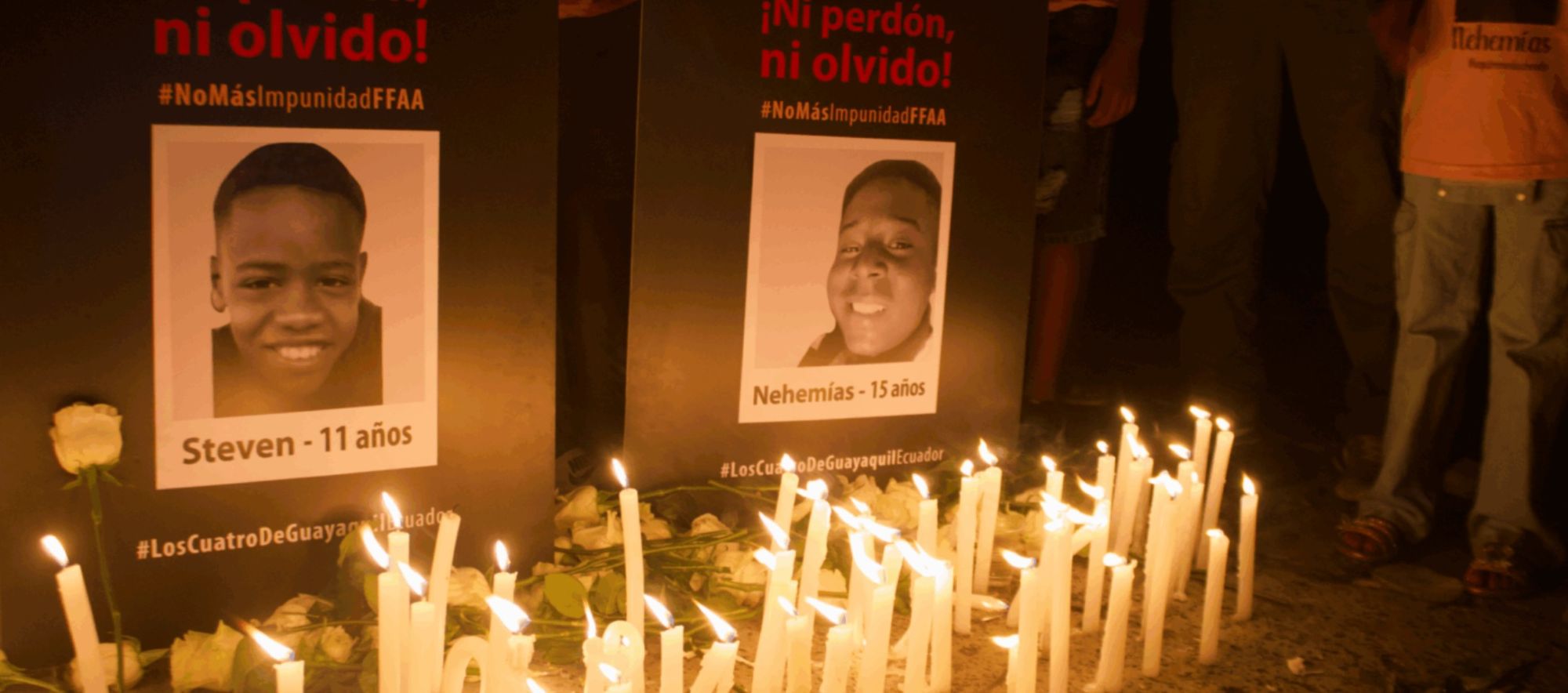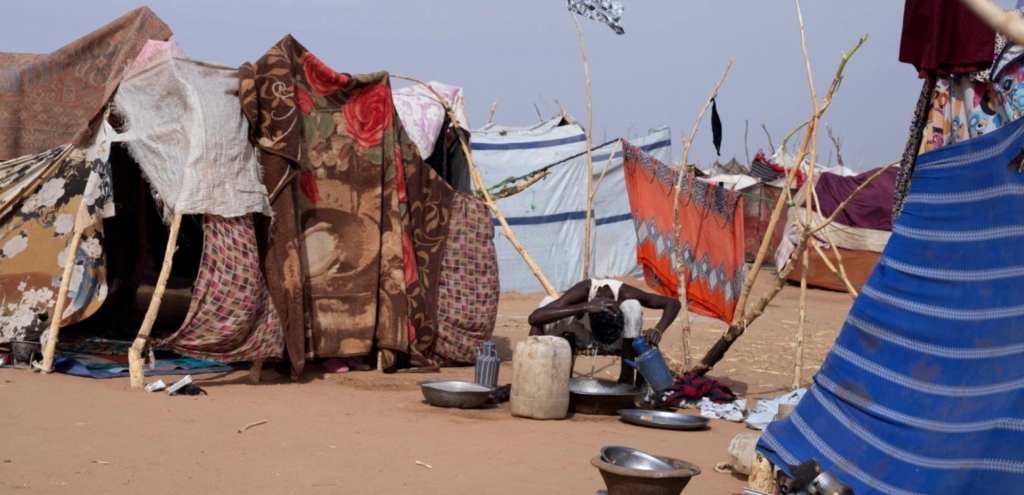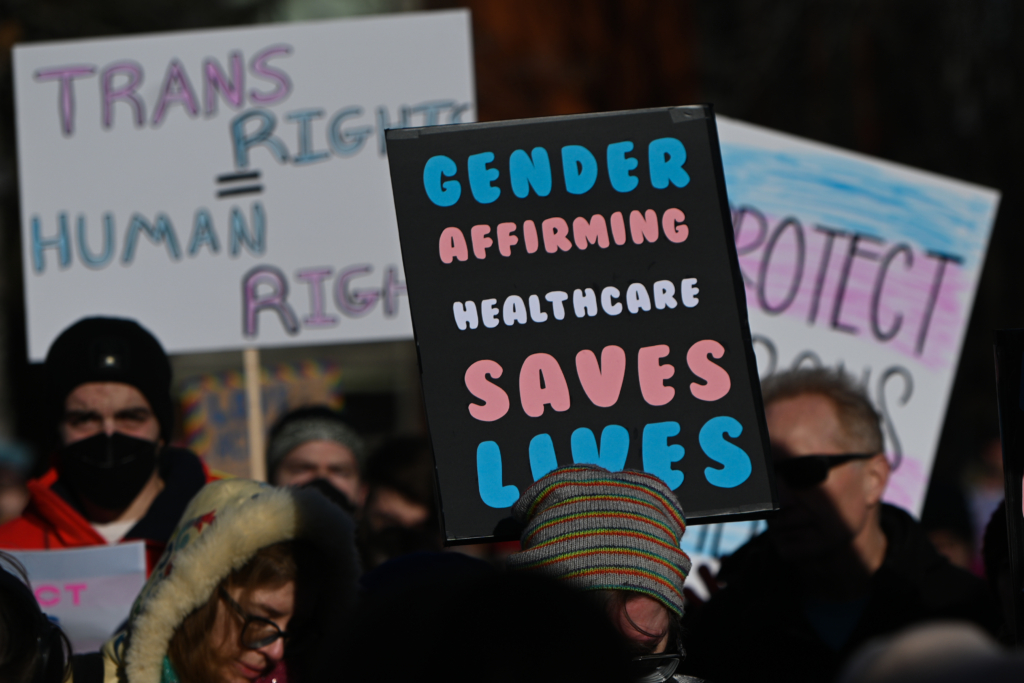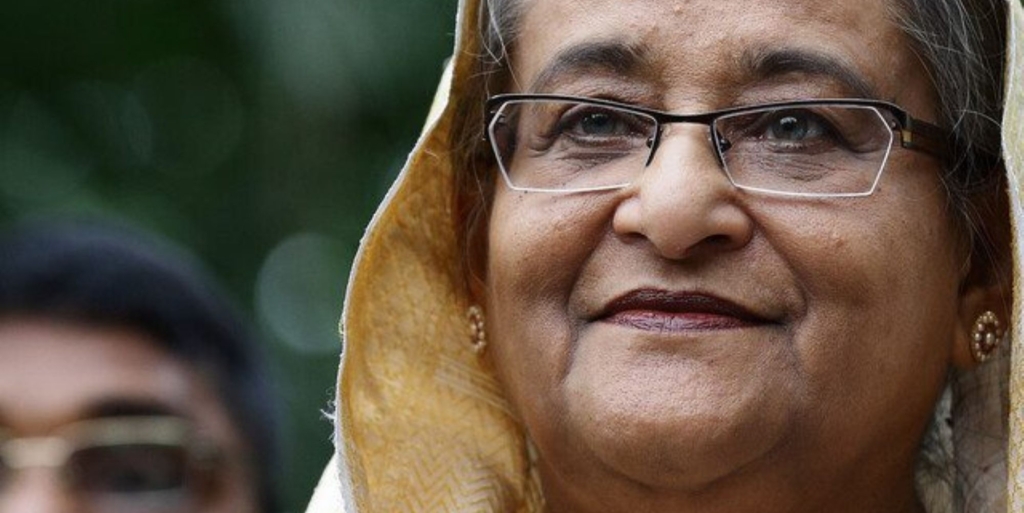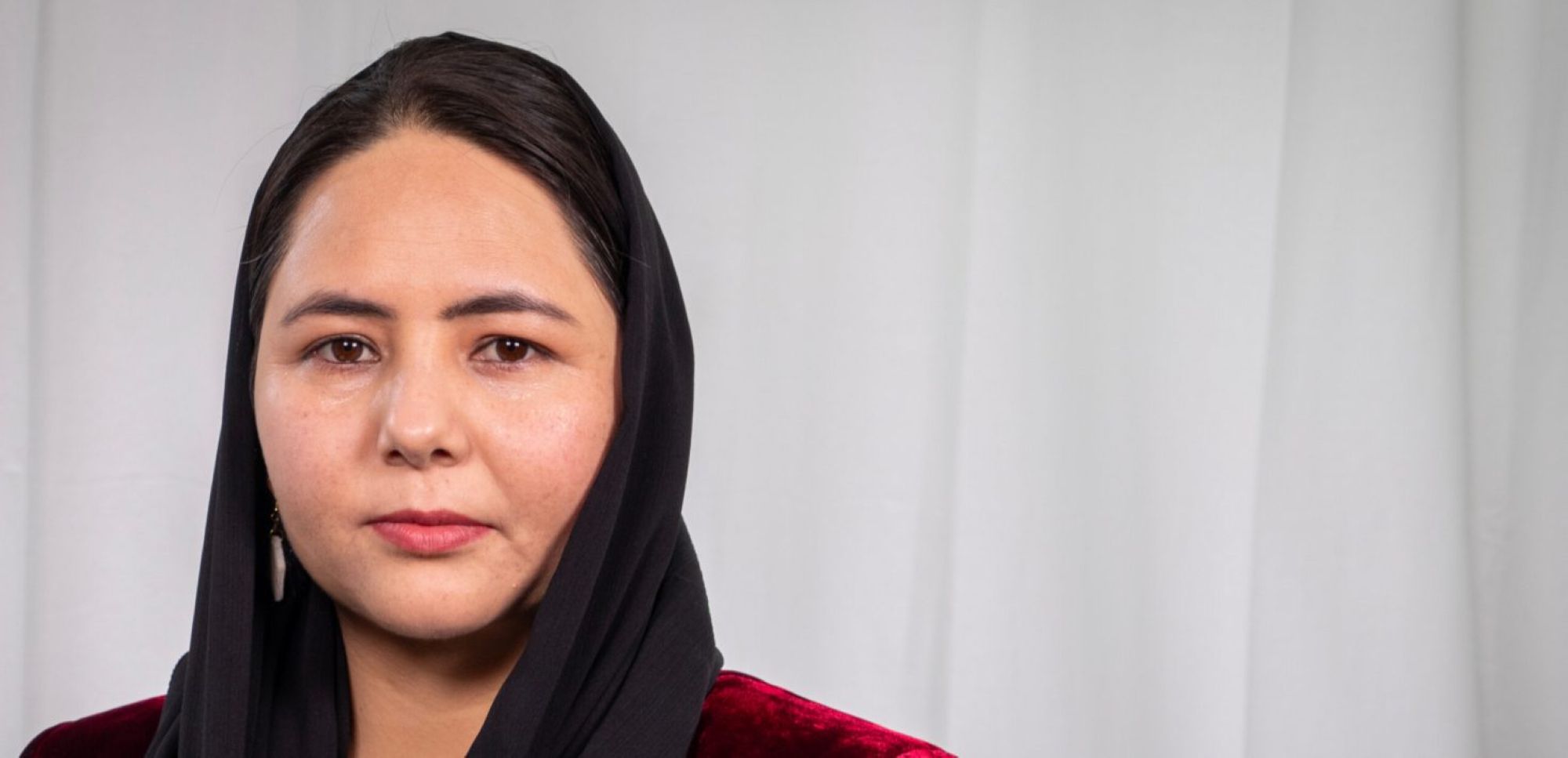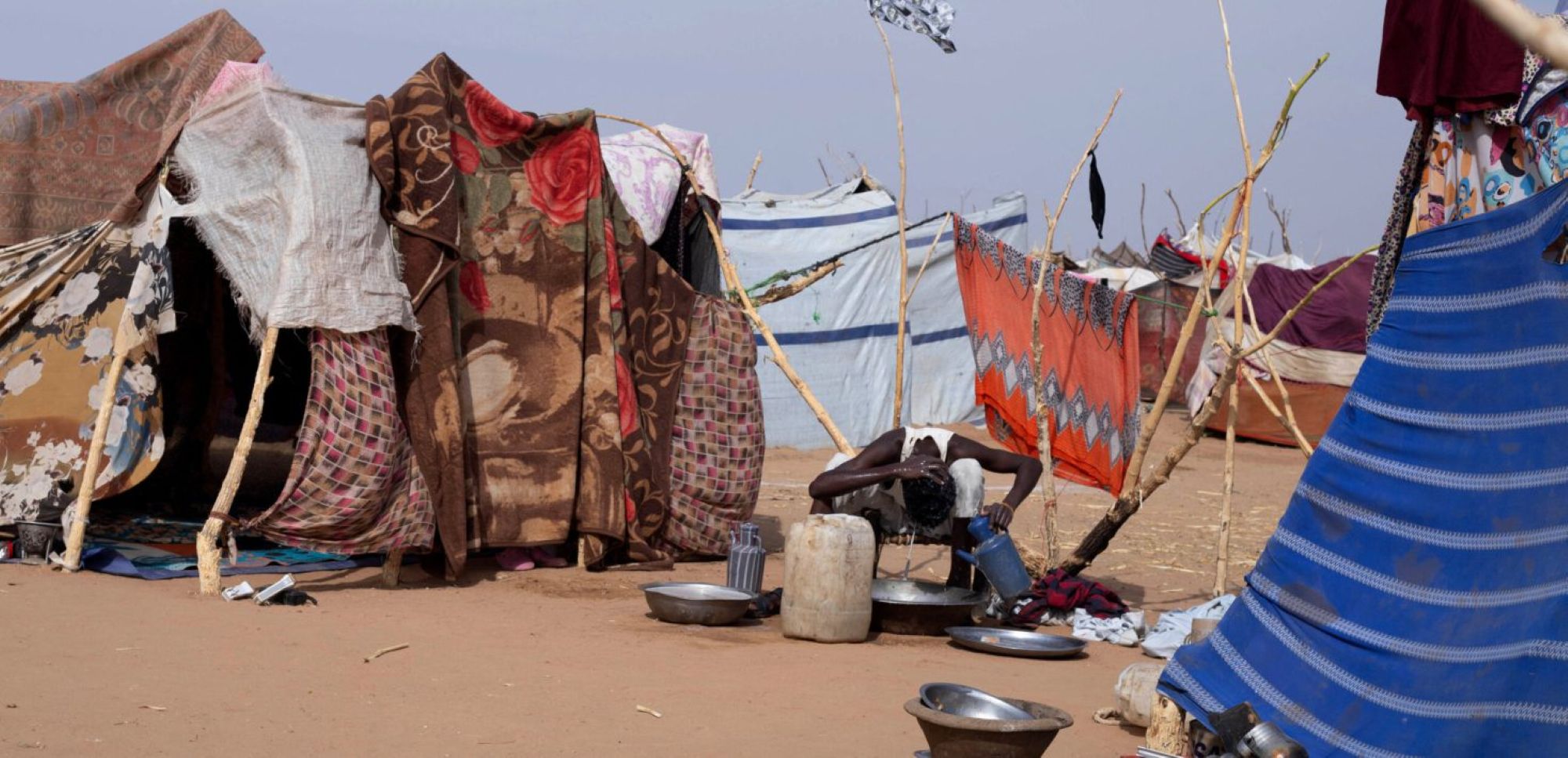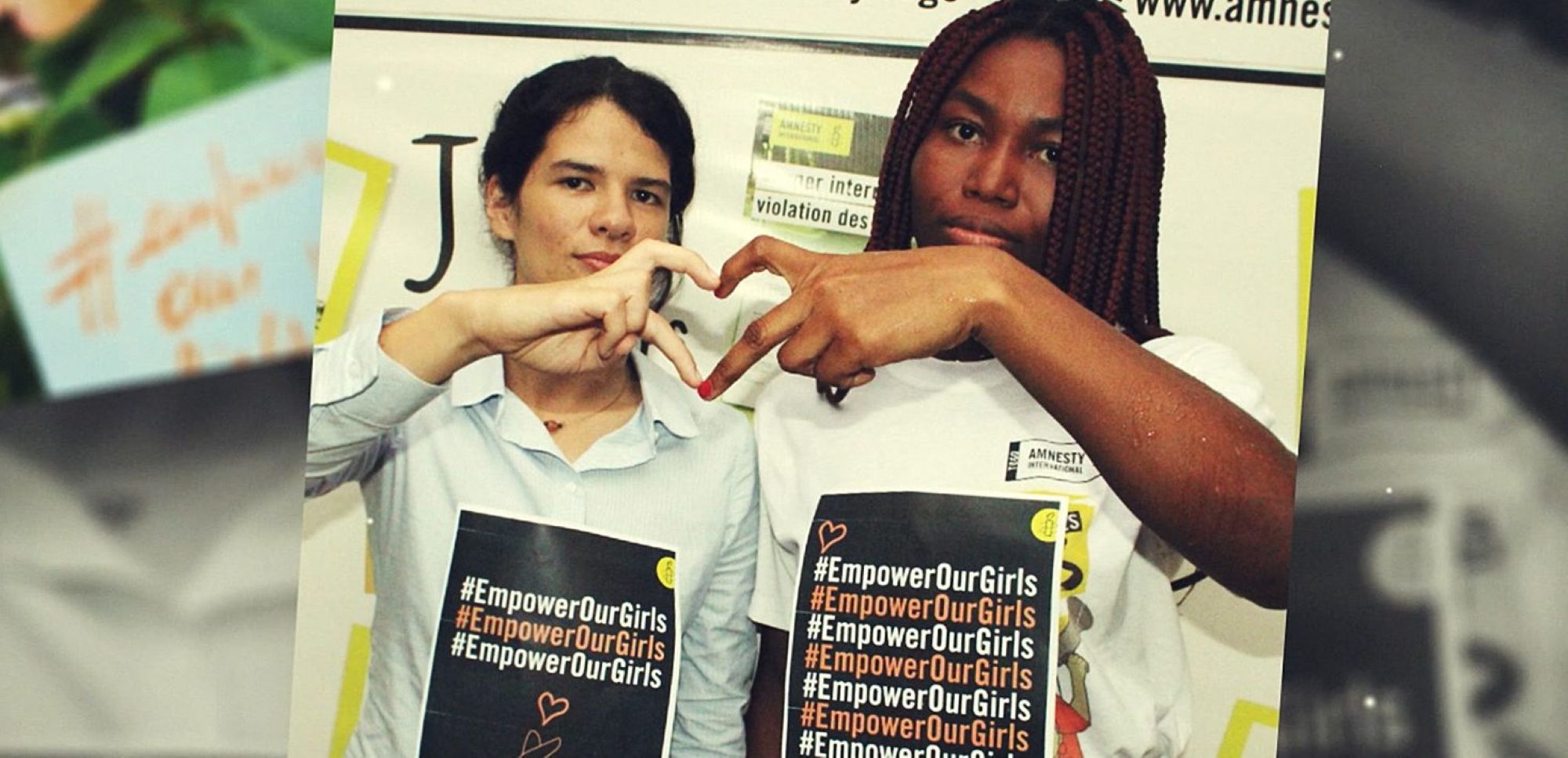A new report by Amnesty International reveals how the militarization of public security in Ecuador has facilitated enforced disappearances at the hands of the Armed Forces, leaving entire families in limbo and highlighting the failure of the security policies implemented by President Daniel Noboa under the so-called “Phoenix Plan”.
The report, entitled “It was the military. I saw them.”, documents the enforced disappearance of 10 people during five security operations in 2024 in the provinces of Esmeraldas, Los Ríos and Guayas. These cases are part of a growing wave of complaints in the country in a context of unprecedented militarization.
“Enforced disappearances are multiplying in Ecuador while the government insists on a militarized strategy that not only has not reduced crimes, but has increased human rights violations. President Noboa must urgently reverse this approach and ensure that the Armed Forces fully cooperate with the investigations”, said Ana Piquer, Americas Director at Amnesty International.
Repeated enforced disappearances
According to information from the Public Prosecutor’s Office shared with Amnesty International, complaints have been received about the possible enforced disappearance of 43 people since 2023, the year in which President Noboa began his first term.
Amnesty International thoroughly analysed 5 investigation files, verified audiovisual evidence and interviewed the relatives of people who disappeared during security operations. All of them, young people, or even children, from the Ecuadorian coast.
Cirilo Minota (35 years old) was arrested in April by the military in Esmeraldas. His family has videos of the apprehension, but since then his whereabouts remain unknown.
Dave Loor (20) and Juan Daniel Santillán (27) were arrested in Los Ríos, in August, when they were on the public highway. Several witnesses confirmed that they were in military custody; however, the military authorities claim not to know their whereabouts.
Jostin Álvarez (17) and Jairo Tapia (16), cousins from Babahoyo, were arrested in September. Jostin reappeared weeks later, recounting torture and denouncing the possible execution of his cousin. After making the report, he disappeared again.
Dalton Ruiz (34) was intercepted in October at a military checkpoint in Babahoyo. Photographs taken by passersby show him surrounded by armed soldiers, but since then there has been no trace of him.
Four children from Guayaquil (Steven Medina, Nehemías Arboleda, Josué Arroyo and Ismael Arroyo, between 11 and 15 years old) were detained by the Air Force in December. Their families reported the disappearance immediately, but weeks later their bodies were found dead. The case unleashed a deep indignation inside and outside Ecuador, generating
protests and calls from national and international organizations that demanded truth and justice.
Amnesty International concludes that all these complaints contain the three constituent elements of the enforced disappearance of persons under international law: the deprivation of liberty, the participation of state agents and the refusal of the authorities to recognize the detention or report the whereabouts of the victims.
The stories documented in this report are only a sample of a much more serious reality. Each enforced disappearance not only removes a person from their family and community, but creates a vacuum of pain and uncertainty that goes on indefinitely. In the words of Dave Loor’s aunt: “Never in their life should anyone have to go through this. It’s too much. It is very hard not knowing where your relative is, not knowing the reason why these soldiers got angry with them”.
Armed Forces obstruct investigations in Ecuador
The report claims that the Public Prosecutor’s Office has faced serious obstacles to investigate. The Armed Forces have refused to provide information, alleging “secrecy” or “confidential information”. At the same time, the report notes serious omissions by the Prosecutor’s Office itself: delays in key proceedings, failure to preserve evidence and opening investigations using legal definitions other than enforced disappearance, which has delayed access to truth and justice for the victims.
“Every day that goes by without these crimes being solved is an ordeal for families looking for their loved ones. The truth cannot remain hidden behind military excuses or institutional indifference. The authorities must remember that we are talking about children and young people whose lives were cut short, and families who deserve immediate answers and real justice”, added Ana Piquer.
Crimes that transcend borders
The impact of this militarized policy has not gone unnoticed at the international level. In 2024, the UN Committee on Enforced Disappearances issued 22 urgent actions related to Ecuador in cases that occurred between January and December alone. For its part, Guayaquil’s Standing Committee for the Defense of Human Rights recorded 33 disappearances in the same year.
Relatives of disappeared persons have also organized, forming the Committee of Relatives of Disappeared Detainees of Ecuador in 2024 in the face of the growing recurrence of cases and the lack of state responses. This group carries out advocacy, support and reporting, demanding that the authorities immediately and effectively search for their loved ones.
Militarization: A failed strategy
The investigation exposes how Daniel Noboa’s government has systematically resorted to states of emergency and the declaration of an alleged “internal armed conflict” to justify the expansion of the role of the Armed Forces in public security tasks. Far from providing security, this strategy has opened the door to serious human rights violations and placed people in the country at greater risk.
Key recommendations
Amnesty International urges the Ecuadorian authorities to:
Reverse the militarization of public security and place human rights at the heart of security policies.
Ensure immediate, impartial and effective investigations.
Ensure the full cooperation of the Armed Forces with the judicial authorities.
Protect victims’ families and ensure comprehensive reparation measures.
Allow international human rights mechanisms to provide technical assistance to the Public Prosecutor’s Office in the investigation of enforced disappearances.












